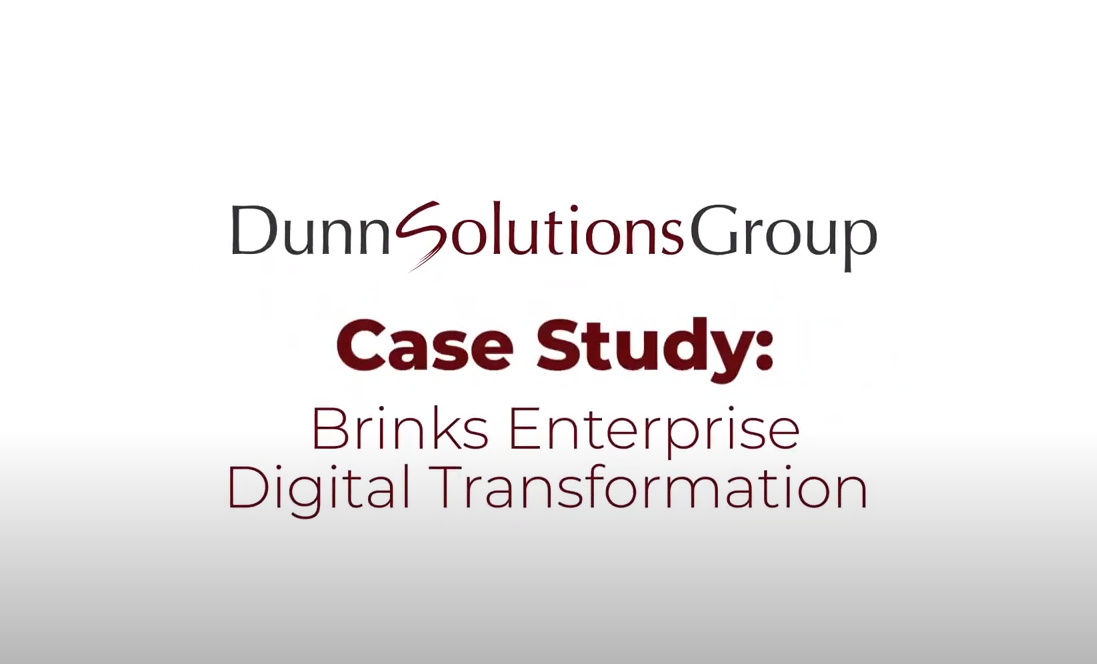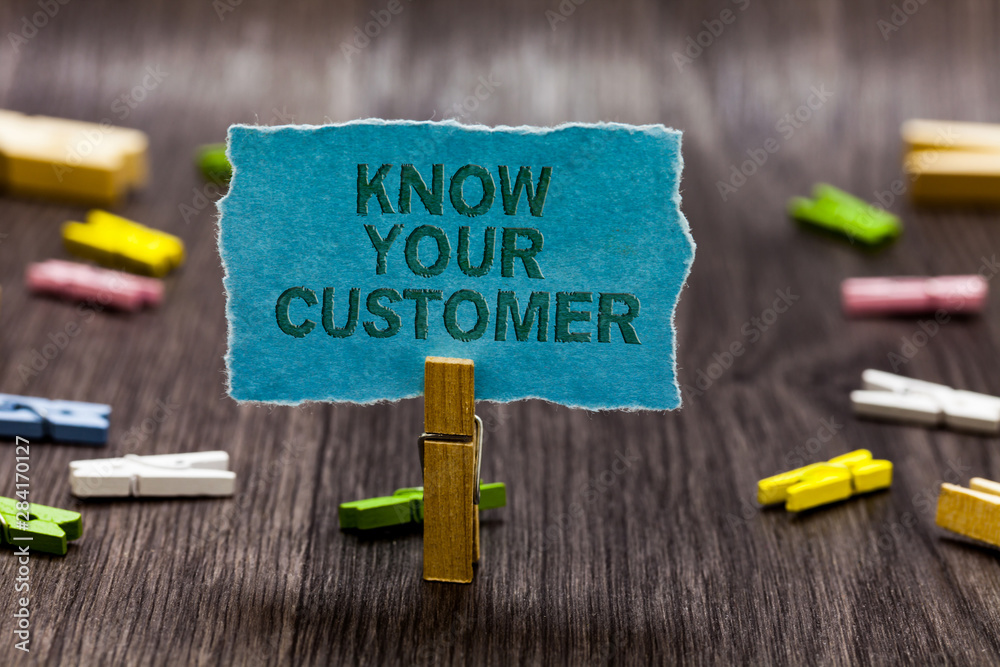B2B eCommerce Platforms
With the reality of Covid, B2B businesses realize more than ever that selling is a 24x7 requirement. Most companies have very good sales and marketing teams in place that have served them well for years. Although many companies have toyed with the ecommerce idea they’ve faced obstacles they believed were preventing their business to take action on a B2B ecommerce platform.
Some of those obstacles cited are:
-
Not wanting to anger their sales team
-
Having a too complicated catalog
-
Having complex quoting requirements
-
A belief that their customers do not want to buy online
-
Not wanting to alienate their channel partners.
Despite these perceived obstacles, the past 18 months have taught us that B2B ecommerce is a valuable and necessary tool to expand sales revenue.
What makes B2B e-commerce interesting is that despite the past success those B2B businesses may have enjoyed, today’s B2B buyers have grown up with technology at their fingertips. They have been buying their way, and expect every buying experience to offer the same level of seamlessness they have become accustomed to with Amazon.
Features of the ‘Best’ B2B eCommerce Platforms
Based on our experience dealing with multiple B2B businesses, here are some of the key B2B features which customers are expecting from their B2B online stores.
1. Corporate Account Onboarding
Account onboarding is a key element of the top B2B ecommerce platforms that helps in segregating B2B business users. Once segregated, personalized messaging, offers and such can be achieved, providing for true customer segmentation and personalization. Additionally, user roles / permissions and company specifics can be established through account onboarding.
B2B eCommerce Platforms Are Proving Lifesavers
Find out how ecommerce are helping B2B companies like yours address the challenges of selling in today’s environment.
2. My Account” Page
The ‘My Account’ functionality provides a self-service capability and helps customers when they are going through all their activities on the website which includes profile management, order management, messaging, and the like. Some features that are available are shopping lists, aging reports, credit applications, past orders, and much more.
3. Sample Product Ordering
For B2B businesses offering bulk orders, customers prefer to check the quality of the products using sample products. This feature enables the website to offer sample products to the customers prior to ordering in bulk quantity. This offers a significant opportunity for cross-sell and up-sell which may not exist from the traditional sales channel, as well as opening up the potential to attract new customers.
4. Request a Quote Feature
It is a good idea to implement a ‘request a quote’ capability in your ecommerce B2B platform. If you have an ordering process which is complex or you need to deal with huge quantities, then it’s better to introduce this feature. And having a workflow process with approvals, notifications and the like behind the quoting capability is paramount to its success.
Call-out/Tip
Let’s say for example, you have a customer to in which you sell product A. You have established a priced for that products for that specific customer. Through the “My Account” page, they notice your offer for product B. They currently get product B from another source. If you had a quoting capability, they could request a quote for product B from you.
5. Flexible Checkout
The checkout process is crucial to all ecommerce stores. For B2B ecommerce, checkout can be particularly unique. Features such as more flexibility in payment options like PO or COD are required. Different ‘ship to’ address information may be needed, as well, allowing corporate procurement giving it but with the ability to ship to different locations.
6. Re-Order or Quick Order Functionality
Being able to sign on and review past orders also leads to the need for re-order or quick order functionality. This saves the customer time and creates an “easy button” for your B2B customers to continue to do business with you.
7. Customer-Based Pricing / Product Catalogs
For a B2B customer, having an individual custom pricing approach is quite common.
You can create pricing based on different parameters such as volume-based purchases, customer groups, regional pricing, and more. This individual customer approach extends to the catalog as well. Some customers might only need to see certain products and their prices.
8. Real-Time Inventory Levels
Real-time inventory updates can provide the best customer experience by avoiding the risk of overselling and not having enough product for your customers. This real-time inventory management real-time can provide you the option to take orders with extended shipping times. This can keep your customer from running to another source.
9. Back-Office (ERP) Integration
Integration of the ecommerce platform to the back-end ERP offers real-time updating of inventory levels. With the specific customer pricing/contracts, having the pricing and product information coming from the ERP insures each B2B buyer sees their specific pricing and catalog.
The B2B ecommerce platform should have APIs available to integrate to different back-office systems. Even better if it can offer drag and drop functionality for an easier like-B2C experience.
Focus Not on the Features of B2B eCommerce Software But What Your Customers Want
These B2B features are just a few that come standard, out of the box, with many B2B ecommerce platforms. Understanding the nuances of those B2B ecommerce platforms can be a daunting task. But, understanding the needs of your customers, thus the required features, can help drive you to the right platform for your organization.
Some B2B companies have relied on B2C digital ecommerce platforms in the past that lack in B2B functionality, or built their own platform. With today’s’ customer needs, it is more imperative today to deliver the type of user experience necessary to keep and grow your base of B2B buyers.
Leverage the Full Potential of Your B2B eCommerce Solution
With regards to the perceived obstacles noted above, many can be addressed through the B2B ecommerce platform implementation and configuration. For those that cannot, leveraging that B2B ecommerce platform as a tool not only used by your B2B customers but also by the sales team will help solidify the success of the ecommerce endeavor.
The ability of the sales team to reap the benefits of the sales from their B2B customers through the ecommerce platform will ensure insure their eagerness to support the ecommerce direction. Once they can see that their mundane tasks can be achieved through the platform, and they can focus on more critical tasks and customers, your sales staff will support the ecommerce initiative.
Your customers want to buy on their time, not necessarily from 9-5. B2C and B2B customers both They want and expect the Amazon experience. Your customers want it to be easy to do business with you. They want self-service when they want it, and want to speak to sales reps (or customer service) when they feel they need to, as dictated by them.
Find the Right B2B eCommerce Software to Offer Your Customers the Experience they Expect
In summary, now more than ever B2B ecommerce is required. The experience must meet the expectation of the B2B Buyer. With the B2B ecommerce solutions today, that need can be met.
Understanding your customers’ requirements will help to determine which platform is right for you. Making sure the ecommerce platform can easily integrate with other software like your ERP and marketing automation platform ensure you can deliver the personalized buying experience for your customers today and for your future customers.



